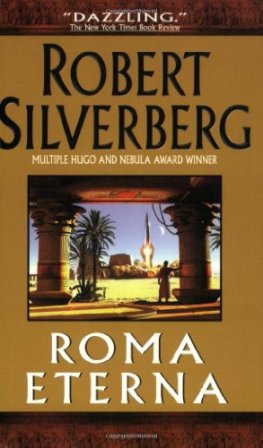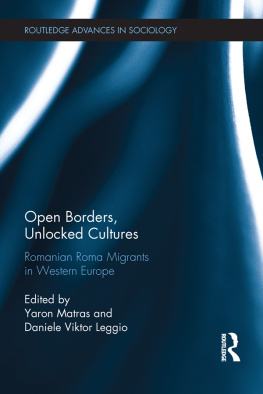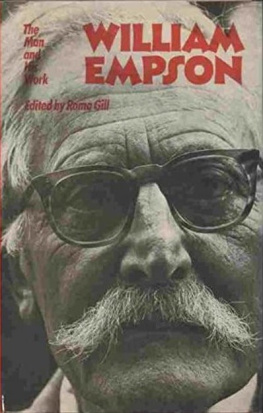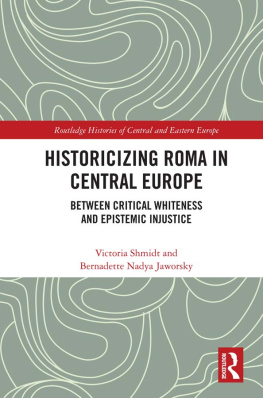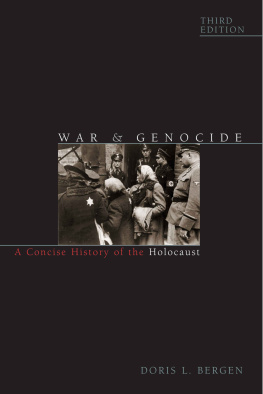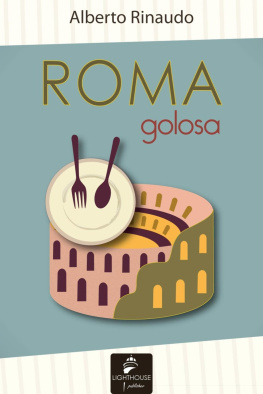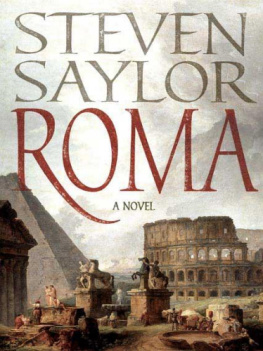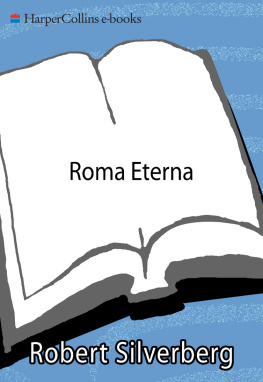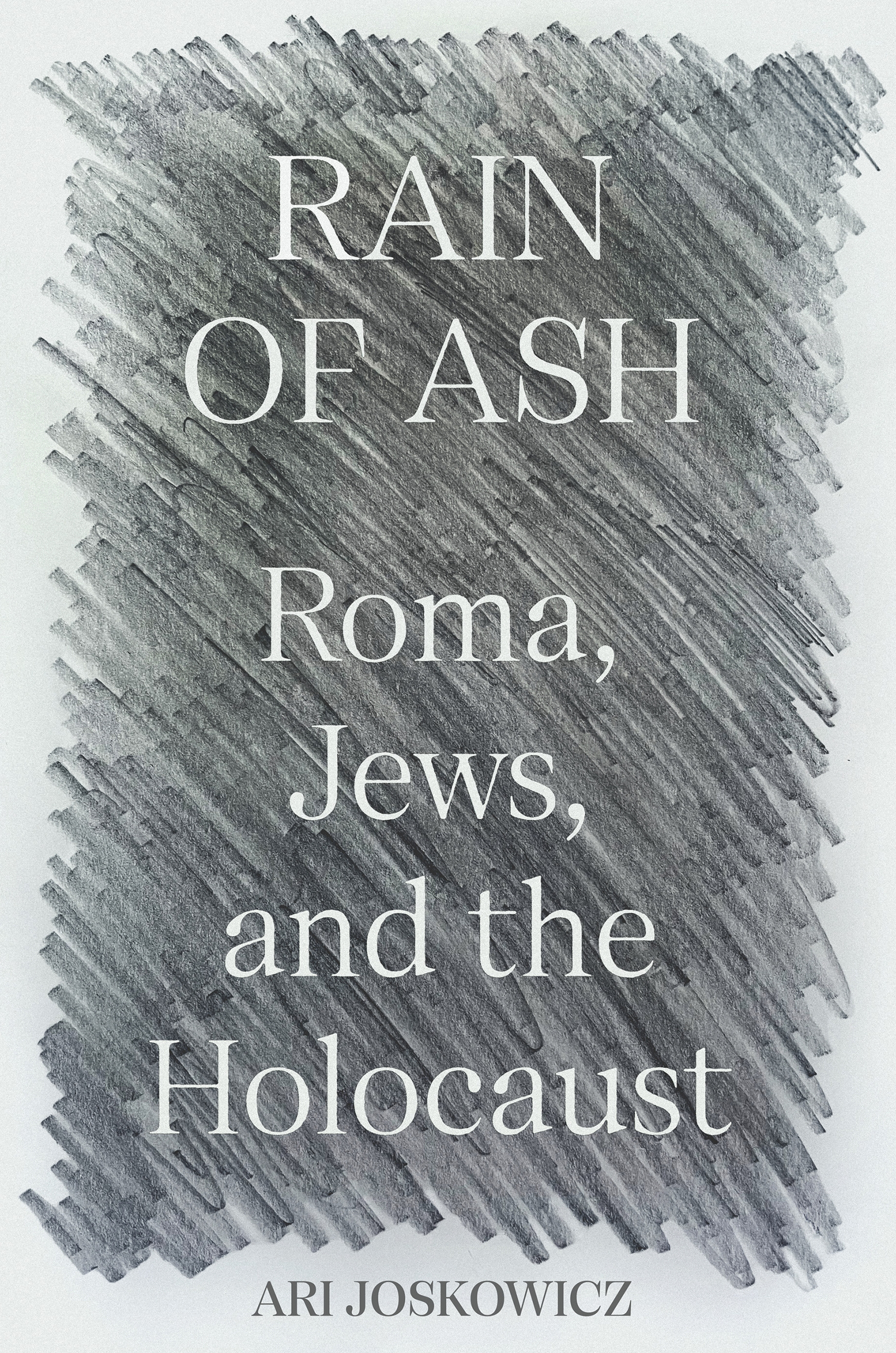RAIN OF ASH
Rain of Ash
ROMA, JEWS, AND THE HOLOCAUST
ARI JOSKOWICZ
PRINCETON UNIVERSITY PRESS
PRINCETON & OXFORD
Copyright 2023 by Princeton University Press
Princeton University Press is committed to the protection of copyright and the intellectual property our authors entrust to us. Copyright promotes the progress and integrity of knowledge. Thank you for supporting free speech and the global exchange of ideas by purchasing an authorized edition of this book. If you wish to reproduce or distribute any part of it in any form, please obtain permission.
Requests for permission to reproduce material from this work should be sent to
Published by Princeton University Press
41 William Street, Princeton, New Jersey 08540
99 Banbury Road, Oxford OX2 6JX
press.princeton.edu
All Rights Reserved
Library of Congress Cataloging-in-Publication Data
Names: Joskowicz, Ari, author.
Title: Rain of ash : Roma, Jews, and the Holocaust / Ari Joskowicz.
Other titles: Roma, Jews, and the Holocaust
Description: Princeton : Princeton University Press, 2023. | Includes bibliographical references and index.
Identifiers: LCCN 2022037764 (print) | LCCN 2022037765 (ebook) | ISBN 9780691244044 (hardback) | ISBN 9780691244037 (ebook)
Subjects: LCSH: Romani Genocide, 19391945. | World War, 19391945Atrocities. | Holocaust, Jewish (19391945) | RomaniesNazi persecutionHistoriography. | Romani Genocide, 19391945Historiography. | BISAC: HISTORY / Modern / 20th Century / Holocaust | POLITICAL SCIENCE / Genocide & War Crimes
Classification: LCC D804.5.G85 J67 2023 (print) | LCC D804.5.G85 (ebook) | DDC 940.53/1808991497dc23/eng/20220809
LC record available at https://lccn.loc.gov/2022037764
LC ebook record available at https://lccn.loc.gov/2022037765
Version 1.0
British Library Cataloging-in-Publication Data is available
Editorial: Priya Nelson, Barbara Shi, and Emma Wagh
Production Editorial: Nathan Carr
Jacket/Cover Design: Katie Osborne
Production: Danielle Amatucci
Publicity: Alyssa Sanford and Charlotte Coyne
Copyeditor: Lachlan Brooks
To my grandparents
CONTENTS
- ix
PREFACE
FOR MUCH OF my childhood, my four grandparents came to our house on Sundays. Sometimes, as we sat around my familys large dining table with coffee and cake in the afternoon, they would speak about the dark times. Their stories of the calamities they suffered in ghettos and concentration camps came without explanation because they told them to each other, Jewish survivor to Jewish survivor. I grew up as a Jew in Vienna in the 1980s at a moment of intense debate about Austrian complicity in Nazi crimes, so these stories made intuitive sense to me as accounts of our familys and communitys origins. Yet, their details were lost on me. Although my grandparents came from different places and backgrounds and faced violence at the hands of different perpetrators, the traumatic episodes they lived through blurred into a single story of gruesome things that happened in unnamed camps. Familiar with the general narrative of the Holocaust but unable to distinguish between labor and extermination camps or between German and Romanian killers, I had little sense of chronology or causality. Without historical context or an analytical framework, I remember the sentiment but not the content of most of their stories. With my grandparents long gone, deprived of the opportunity to ask them about their lives, I feel the lesson of these Sunday afternoons keenly: empathy without knowledge is fleeting.
Many scholars have written in recent decades about the complicated relationship between history and memory, noting how the formal study of the past can either challenge or reinforce individuals recollections. My experience of my grandparents accounts reflects both patterns. On the one hand, information I have gleaned from academic books and historical documents contradicts some of the stories my grandparents told. Yet the process of researching the Holocaust has also opened up new personal, emotional, and ethical dimensions of my familys narratives. Seemingly dry and impersonal information, such as administrative records, chronologies of events, and statistics, has helped me grasp the depth of their losses and the complexities of their experiences. My grandmothers story of survival during the war acquired special meaning for me after one encounter with a compilation of names and numbers a few years back. Perusing a Book of Remembrance with the names of German, Austrian, and Czech Jews whom the Nazis had deported to the Baltic countries, I found my grandmother listed among those forced onto a train that departed Viennas Aspang rail station for Riga on January 26, 1942. Of the 1,001 Jews on the transport that day, only 31 lived to see liberation. The sheer improbability of my grandmothers survival suddenly became clear to me, lending new weight to her accounts.
My grandparents conversations about campswhose names I could not recallalso conveyed a different kind of knowledge. My most vivid memory is not a particular story my grandparents related but the shame I felt about my own contribution to one such discussion. I must have been around ten when my paternal grandmother, Rosi, was speaking of the dangers that awaited inmates who tried to communicate between blocks in a concentration camp. Curious to understand why they had not resisted, I inquired whether barbed wire had divided the barracks. After she said no, I started wondering aloud why she and her fellow prisoners had not snuck into each others blocks. I still remember the blank stares and embarrassed silence in the room before they returned to their conversation. I understood immediately that they considered my question thoughtlessa reflection of my youth and the fact that I had learned about violence only from Hollywood action movies. These moments of painful miscommunication contained their own essential lessons. Knowing what to say, what to ask, and when to remain silent allows us to strengthen familial and communal bonds of trust and understanding.
I see my students experience something similar as they are socialized into the academic community, sometimes learning about good questions by watching others ask theirs, sometimes learning by trial and (humiliating) error. In the process, they also realize that the questions that prevail in one community can appear inappropriate in another. In recent decades, scholars of the Holocaust have turned their attention to experiences of sexual violence during the war, for example. I cannot begin to imagine what my grandparents reaction would have been if someone had raised the topic at a family gathering. Yet the scholarly community has long had its own taboos, which were not necessarily shared by their historical subjects. After the war, many survivors felt comfortable talking about their desire for revenge, even as historians were largely unwilling to broach such themes.
As I reflect on my own process of learning new questions, I suspect that the issues I raise in the following pages represent a departure from what my grandparents would have considered sensible topics. In this book, I explore the relations between Jewish and Romani victims of Nazism during the Holocaust as well as their attempts to come to terms with their parallel fates ever since. These relations were often distant, unequal, and full of hurtful misunderstandings. I do not know what my grandparents thought of Roma because I cannot recall anyone speaking of them on those Sunday afternoons. The people they would have called Gypsies simply never came up. I cannot say whether my grandparents did not talk about them because they did not encounter Roma in the years of persecution and destruction, or whether they lacked a framework within which to remember and convey these experiences. Did they lack words, chronologies, and connections that would have given meaning to any interactions they might have had with Roma?


